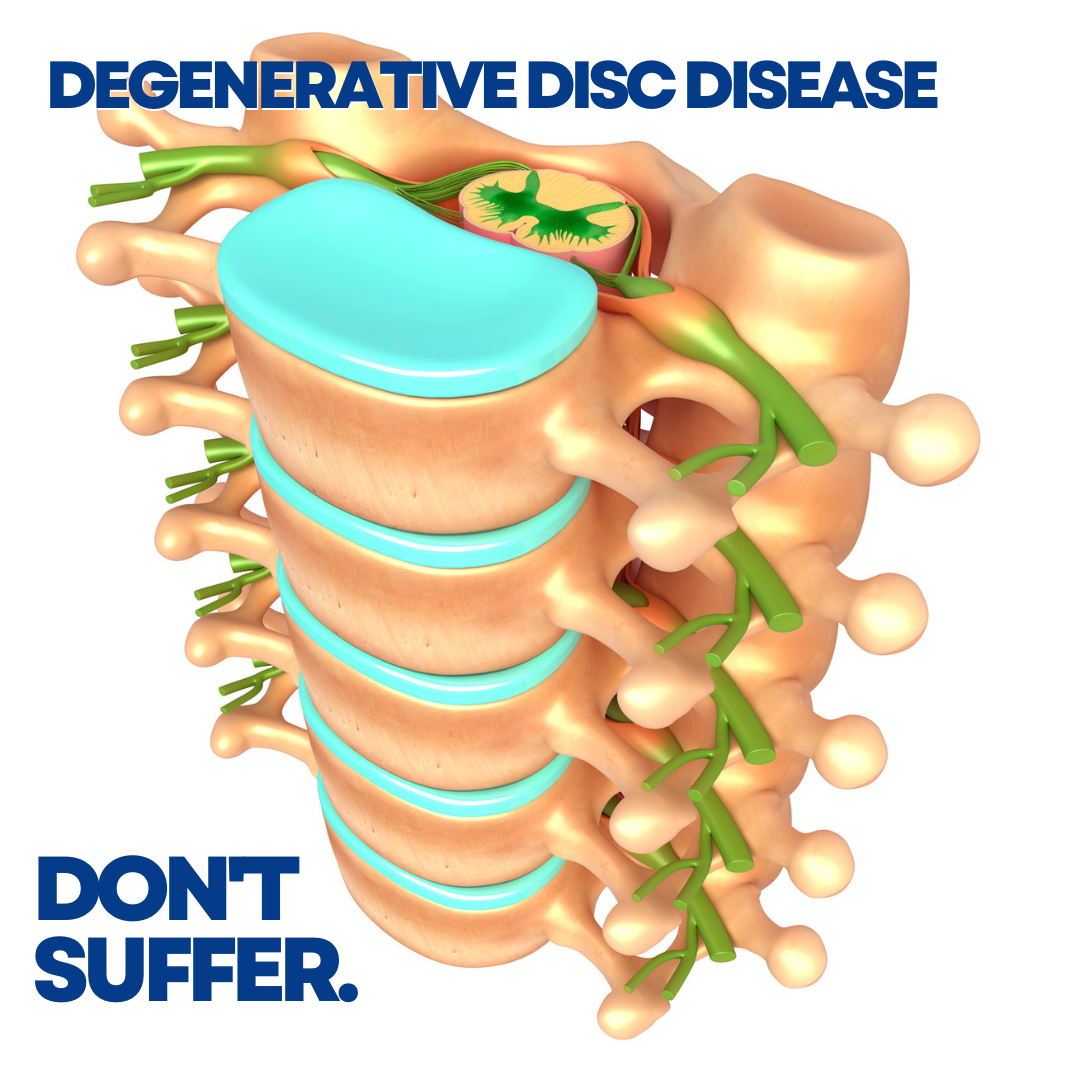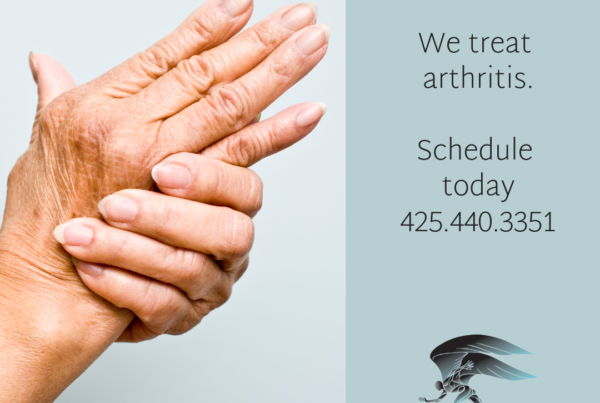
What is Degenerative Disc Disease?
Degenerative disc disease is a condition of the spine that occurs because of the normal wear and tear of the spinal discs. These discs are cushions between the vertebrae, which help absorb shock and facilitate movement of the spine. When these discs break down or degenerate, they can cause pain and discomfort. The cause of degenerative disc disease is often attributed to aging, as the discs naturally become less elastic and lose moisture content over time. However, other factors such as genetics, smoking, and obesity can also contribute to the development of this condition.
What are the symptoms?
Symptoms of degenerative disc disease can manifest in different ways, but most commonly include pain in the neck or back. Patients may also experience numbness or tingling in their extremities, as the worn discs can put pressure on nerves in the spine. Pain may be intensified during physical activity or after prolonged periods of sitting or standing.
Diagnosis & Treatment
A diagnosis of degenerative disc disease typically involves a physical examination, medical history review, and imaging studies such as X-rays or MRIs. Treatment options depend on the severity of the symptoms and may include non-surgical methods such as physical therapy, medication, or changes in lifestyle. Surgery may be necessary in severe cases where other methods do not provide relief. Prevention of degenerative disc disease generally involves maintaining a healthy lifestyle. A diet rich in vitamins and minerals, as well as regular exercise, can help keep the spine healthy and prevent the degeneration of spinal discs. Proper posture and techniques for lifting heavy objects can also help prevent the development of this condition. In conclusion, degenerative disc disease is a common condition that occurs in the spine due to the natural wear and tear of spinal discs. While it is often attributed to aging, other factors such as genetics, lifestyle, and smoking can also play a role in its development. Symptoms can include pain, numbness, or tingling in the neck or back, and treatment options may involve non-surgical methods or surgery in severe cases. Traditionally there have not been effective surgical or interventional pain procedures for degenerative disc disease though this has recently advanced. Now there is a procedure that targets the basivertebral nerve within the vertebral body to reduce pain that the patient experiences from the bones becoming affected and painful due to the disc degenerative process. This procedure can be provided by Advanced Interventional Spine-specialized Pain Management physicians.
Can it be prevented?
Prevention of this condition can be achieved by maintaining a healthy diet and lifestyle, as well as practicing proper posture and lifting techniques. If you’re experiencing any of the symptoms of degenerative disc disease, contact our office and schedule a consultation with Drs. Lee or Julian. We’re here to help optimize your lifestyle – #painfree






